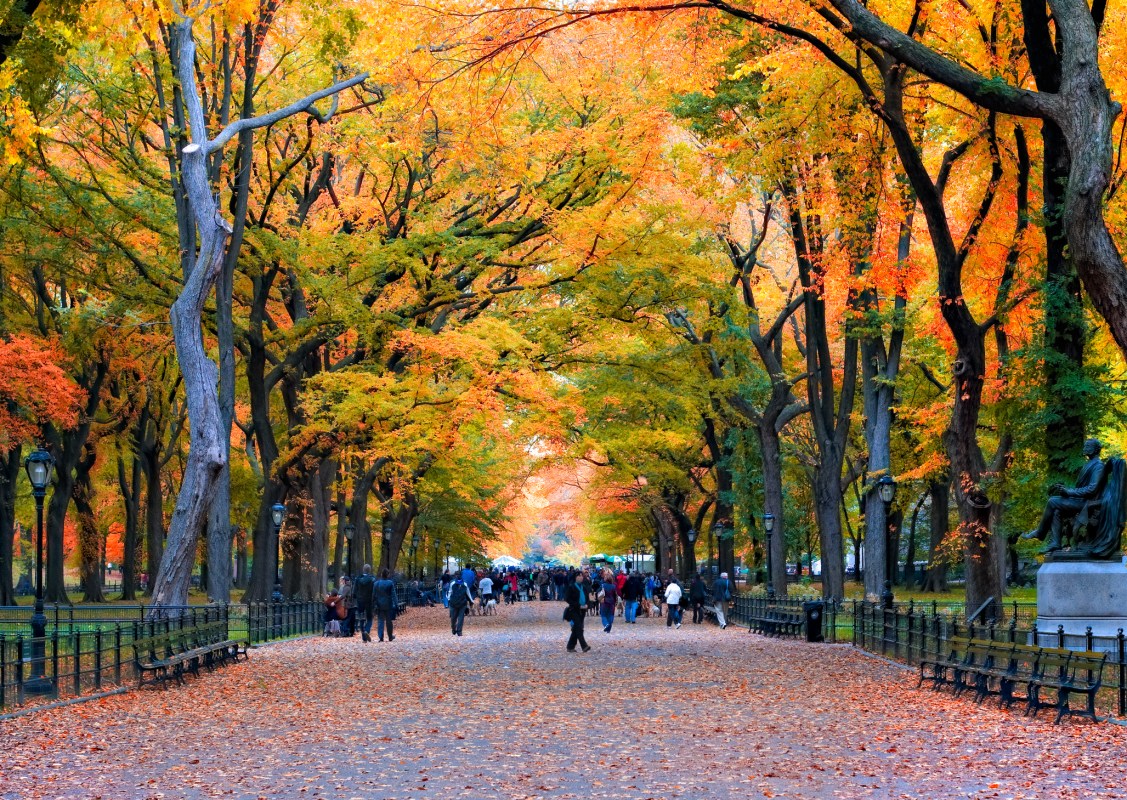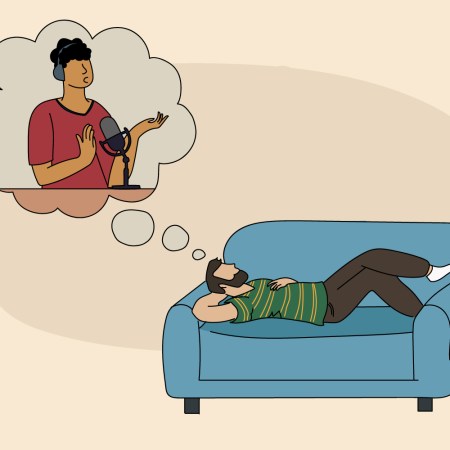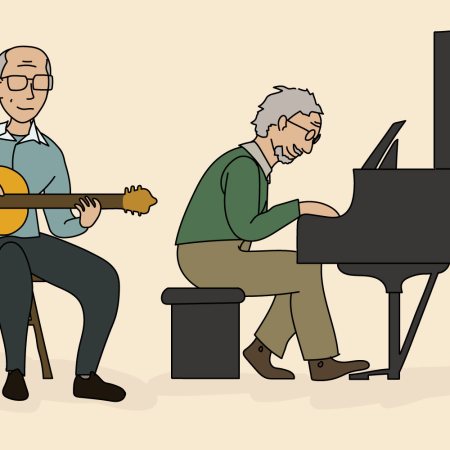As cities expand and natural oases in the urban landscape become fewer and far between, scientists want to understand how parks and other green spaces—or a lack of thereof—can affect our long-term mental health. One recent study found that children who have greater access to nature enjoy much better outcomes.
According to researchers from Aarhus University in Denmark, people who grew up near vegetation had up to a 55 percent lower risk of mental health disorders as an adult, NPR reports.
Kristine Engemann led the study using decades of satellite imagery along with extensive health records and demographic data from the Danish community.
One important note: socioeconomic factors could also come into play as wealthier folks tend to have more access to high-quality parks and nature reserves that more frequently surround affluent communities.
“Green space seemed to have an association that was similar in strength to other known influences on mental health, like history of mental health disorders in the family, or socioeconomic status,” Engemann told NRP.
Combining the social data with satellite mapping, the team compared the risk of developing one of 16 different mental disorders in adulthood with how much greenery surrounded the participant’s childhood residence.
The study found that kids growing up around green spaces have a 15–55 percent lower chance of developing a mental illness as a adult. The disorder with the highest risk associated with a lack of green space is alcoholism.
Thanks for reading InsideHook. Sign up for our daily newsletter and be in the know.


















